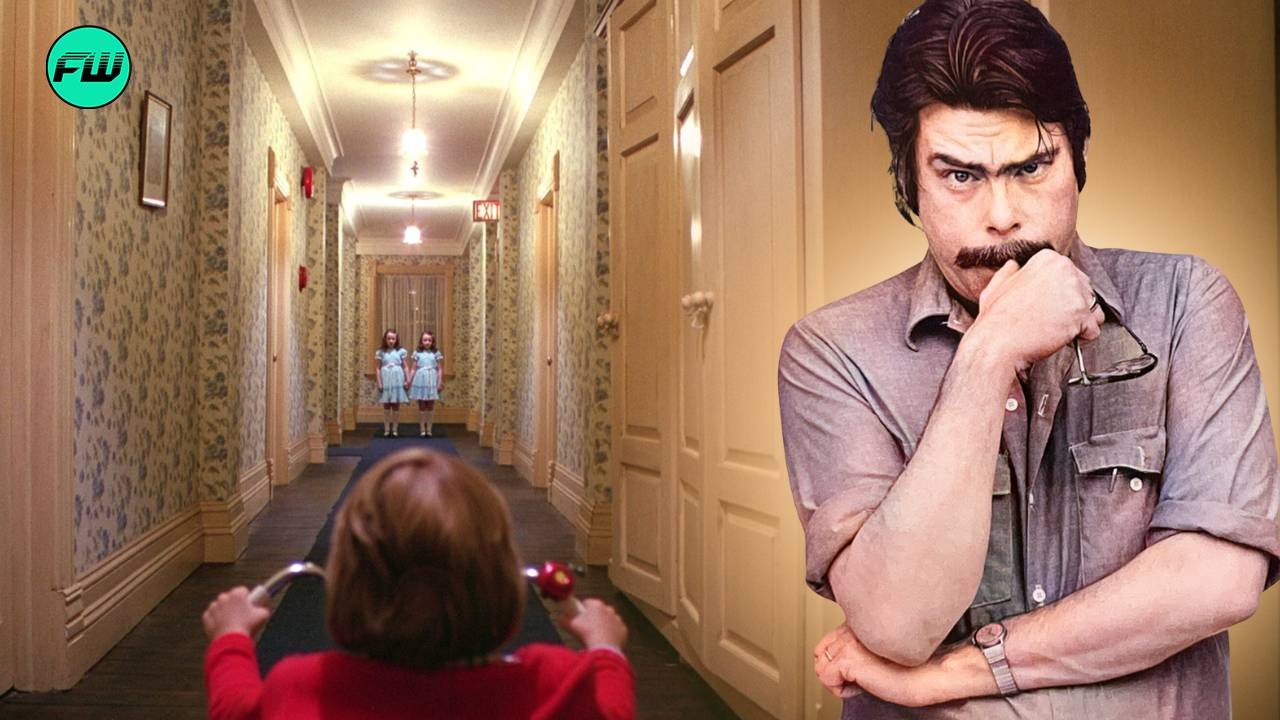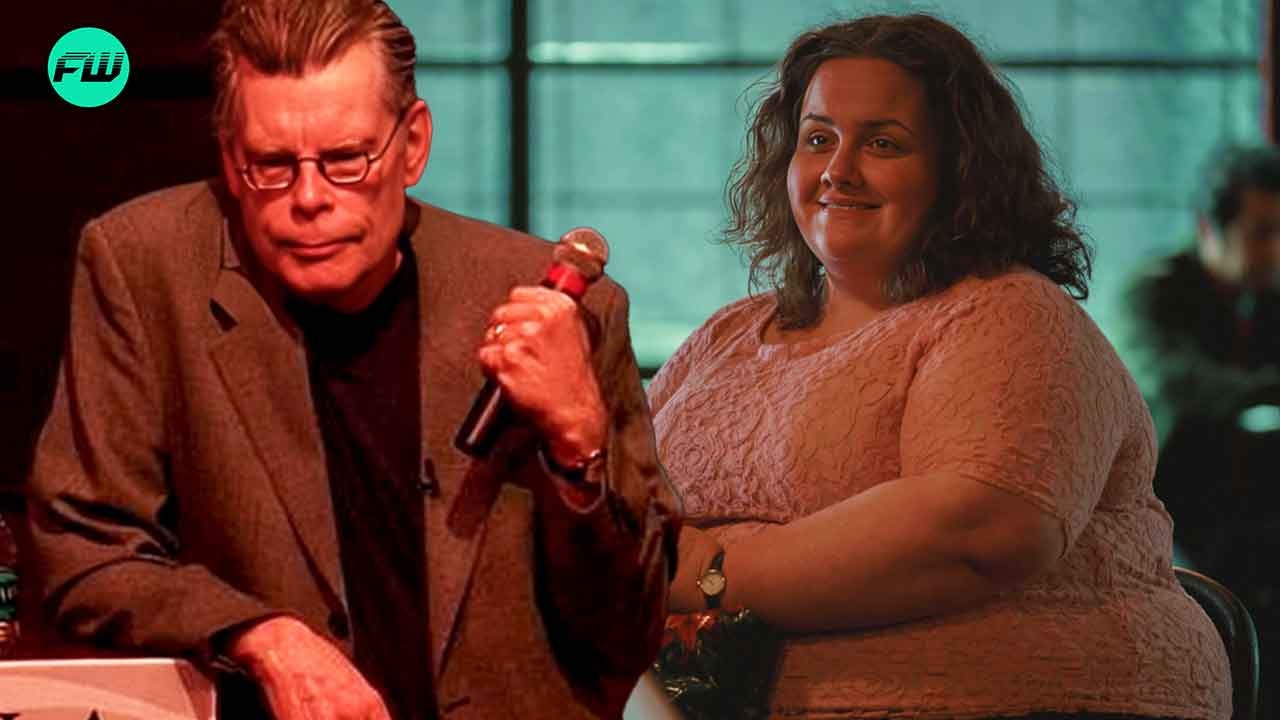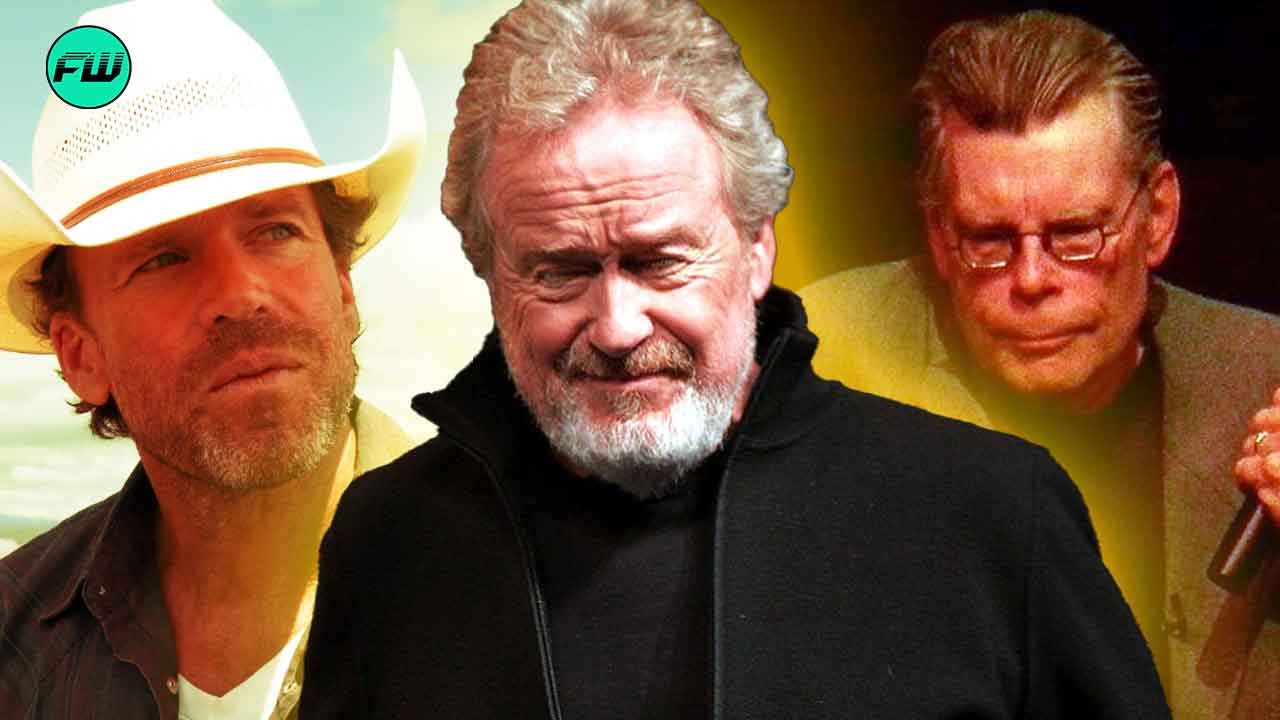Stephen King had a very public dislike towards Stanley Kubrick’s adaptation of his novel The Shining. He believed that Kubrick’s version had no real heart in it as he changed some of the fundamental elements in the book. The difference in their adaptation came from King and Kubrick’s view of good and evil. King believed in the Biblical demarcations of good and evil, while Kubrick did not believe in hell.
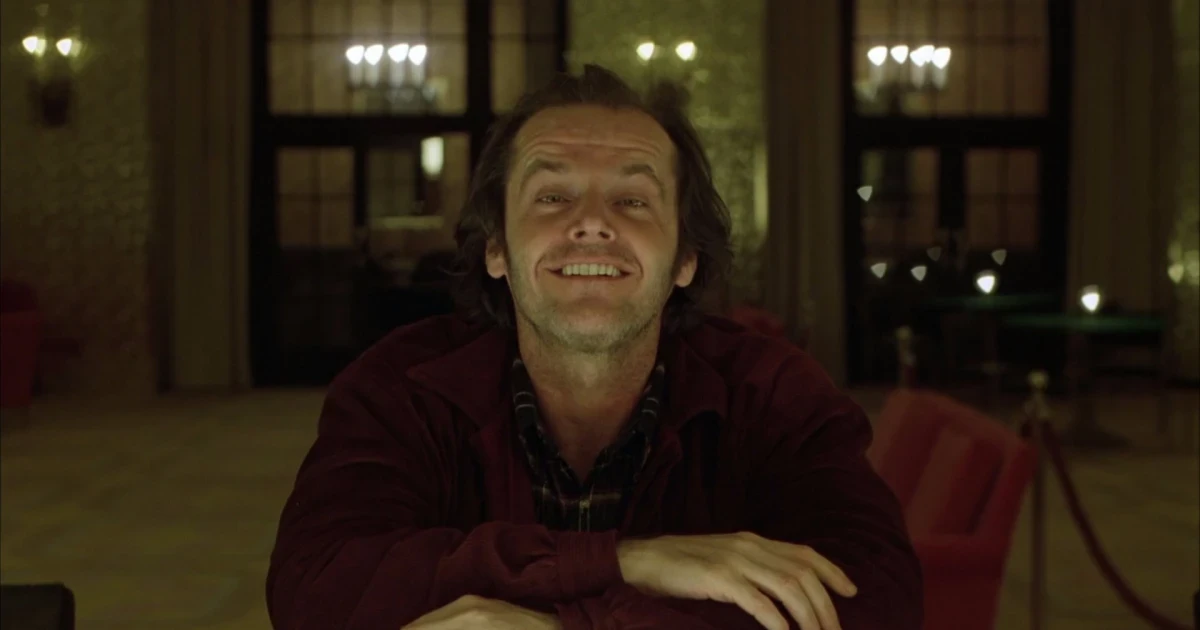
The character Jack Torrance, played by Jack Nicholson, had psychopathic tendencies which made him a terrifying character in the movie. However, King’s novel suggests that external evil forces played a crucial role in the insanity of the character.
Stephen King v. Stanley Kubrick Over The Shining Had One Deep Reason
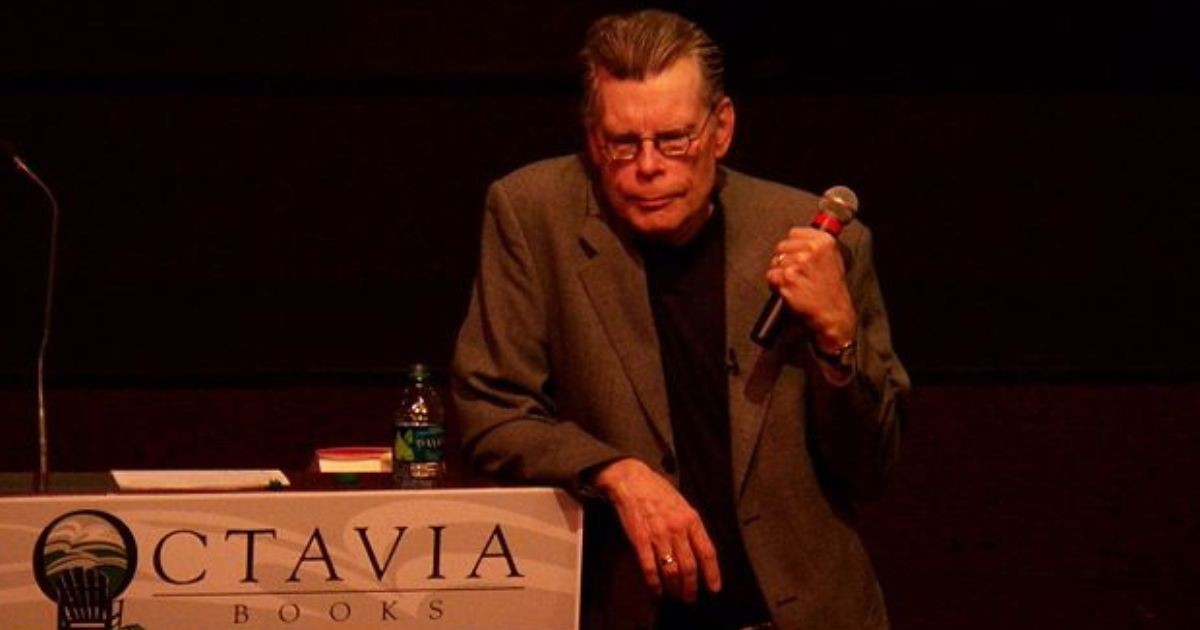
Stanley Kubrick and Stephen King had two different visions for The Shining and it was evident from their difference of opinion. Kubrick never intended to adapt King’s work in its entirety. He hired screenwriter Diane Johnson to work on the big-screen adaptation. The film received mixed reviews upon release and required several cuts, but went on to become a classic.
Stephen King later shared in an interview with Deadline that he hated the film due to its deviations from the novel. He compared the film to a “beautiful Cadillac that had no engine inside”. He shared that while Kubrick captured a terrific-looking film, he didn’t care much for the film.
He went on to share a major reason behind their disagreement that went deep beyond the deviations in the script. During a conversation between the two of them, the filmmaker told the author that ghost stories were fundamentally optimistic since they proved an existence beyond death.
King, who had a more traditional belief system, asked him if he thought hell was optimistic. After a long silence, Kubrick replied with a change in tone, “I don’t believe in hell.” The conflict in their belief system was reflected in their artistic vision too.
King felt that the character of Jack Torrance, played by Jack Nicholson, had no arc in the movie since he was “crazy” from the beginning. He explained that his character in the book struggled with his sanity and he was a good guy who was “bent one way and then the other” by external forces of evil.
He wanted the character’s story arc to end in a tragedy. However, he accused the film’s character of having no growth in the arc and hence having no tragic ending. He shared in his interview (via Deadline):
When we first see Jack Nicholson, he’s crazy as a shit house rat. All he does is get crazier. In the book, he’s a guy who’s struggling with his sanity and finally loses it. To me, that’s a tragedy. In the movie, there’s no tragedy because there’s no real change.
Many viewers of the film stood with King’s opinion at the time and criticized the film. Stanley Kubrick was even nominated for a controversial Razzie for worst director during the first edition of the awards. However, the response has since become favorable and Kubrick’s film is often cited as the best psychological horror film of all time.
Stephen King Loved Stanley Kubrick’s Other Works
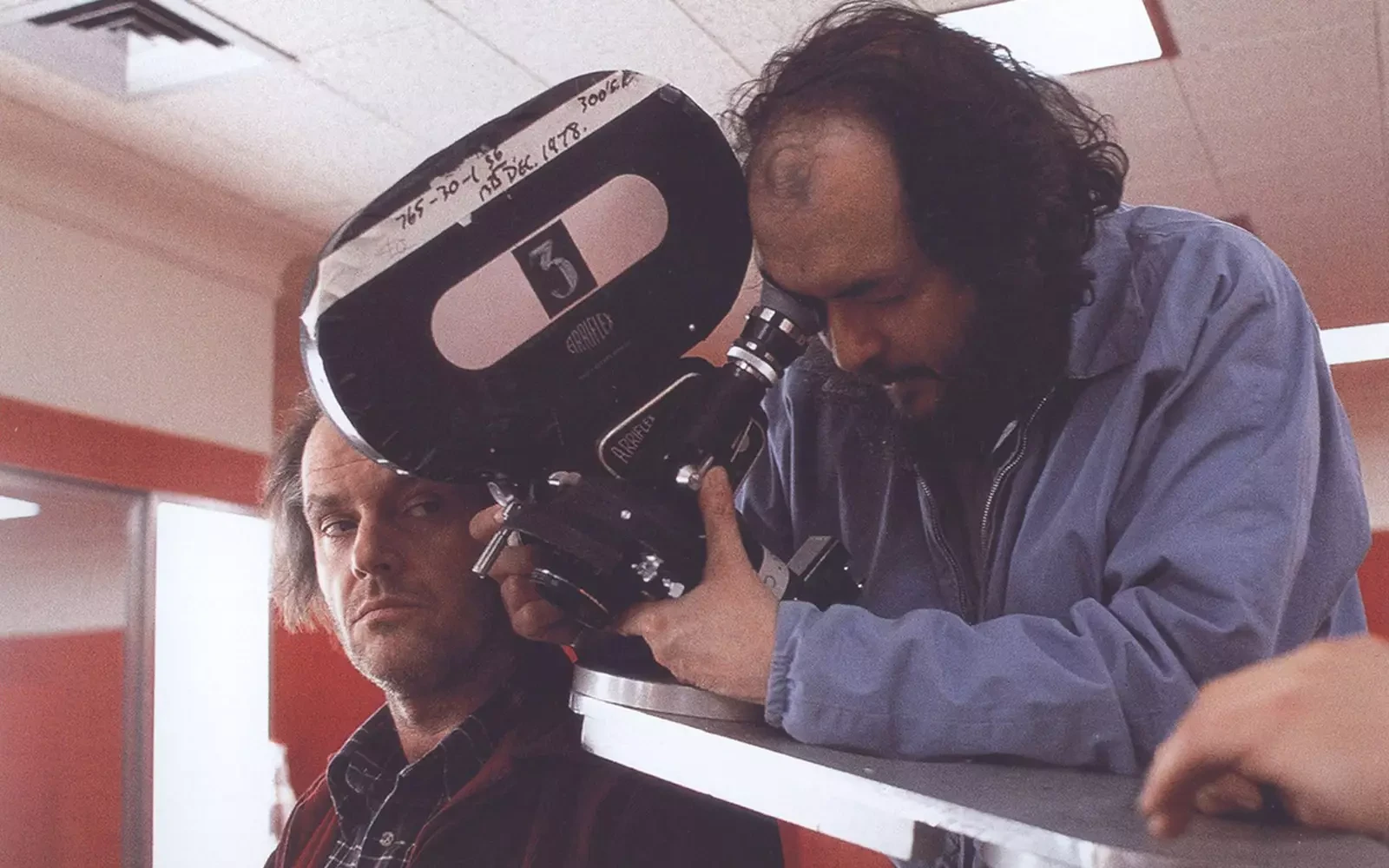
Stephen King shared in the interview that he had met with Stanley Kubrick and shared that he was a “terrifically smart guy”. He shared that he loved some of Kubrick’s films like Dr. Strangelove and Paths of Glory. But he shared that he was an “insular man” even though he interacted with him in a perfectly normal way. King shared:
But I met Kubrick and there’s no question he’s a terrifically smart guy. He’s made some of the movies that mean a lot to me, Dr. Strangelove, for one and Paths of Glory for another.
I think he did some terrific things but, boy, he was a really insular man. In the sense that when you met him, and when you talked to him, he was able to interact in a perfectly normal way but you never felt like he was all the way there.
In another interview with David Letterman, King shared that he’d given Kubrick a live grenade and he just threw his body on it. King later came out with a version of The Shining himself, a three-part miniseries released in 1997.
The Shining is now available for rent on AppleTV+.

